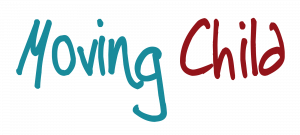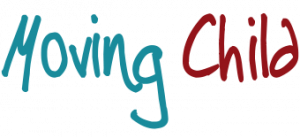Morus 14 association
- Project: Netzwerk Schülerhilfe Rollberg, Berlin
- Responsible body: MORUS 14 association
- Support: 2021-2022
The Rollberg district, in which the “Netzwerk Schülerhilfe Rollberg” (or “Network Help for Pupils” in English) is located, lays in the North of Berlin. The neighborhood is a well-known social hotspot, characterized by a high proportion of immigrants (approx. two-thirds of the population), unemployment and juvenile delinquency. However, the main problem in the Rollbergviertel is neither the high proportion of immigrants nor the material poverty, but the lack of education. Many children in this district are disadvantaged in a variety of ways in their educational careers: due to the often low level of education of their parents, due to language deficits and because positive role models in the environment and access to networks are missing. At the end of their school years, many young people have only acquired an extremely incomplete basic education and few social skills, such as self-organization or problem-solving skills. In Neukölln, 19% of students leave school after the 10th grade without a degree and in the Rollberg area these statistics look even bleaker.
Since 2003, the MORUS 14 association has been fighting successfully against the lack of prospects for the young generations, mainly with the mentoring program “Netzwerk Schülerhilfe Rollberg”, in which the children and young people are provided with voluntary godparents with whom they can meet weekly, regularly and at certain times meet indefinitely, often over many years. This continuity is something special, because we are sure that long-term and reliable relationships are the basis for achieving noticeable and lasting positive changes in a social hot spot. The offer, which is free for families, is aimed at all elementary and high school students from the Rollberg district.
The primary goal of the network is to give the adolescents in the Rollberg area better future opportunities, to give them access to networks and resources and to support them in shaping their lives in a self-determined manner. They can be accompanied from the 1st class to the transition to vocational training. Equally important to the project is expanding the horizons of the children and young people and bringing them into contact with the diversity of society, of which they are also an important part. This diversity also includes other religions, sexual identities and ways of life, which they get to know in particular through the volunteers involved in MORUS 14.

















